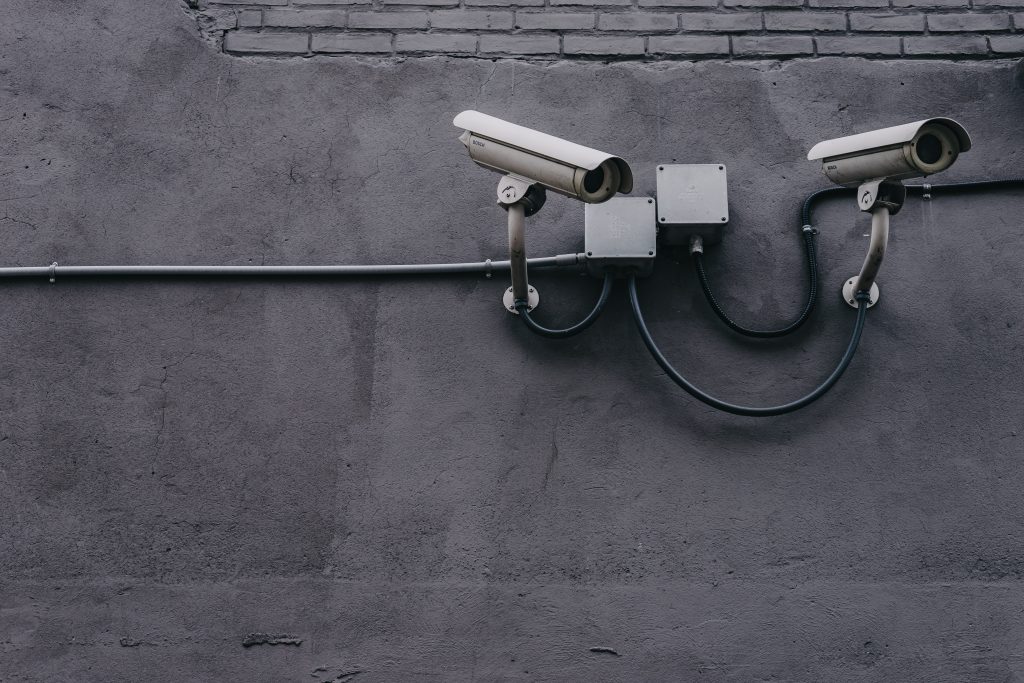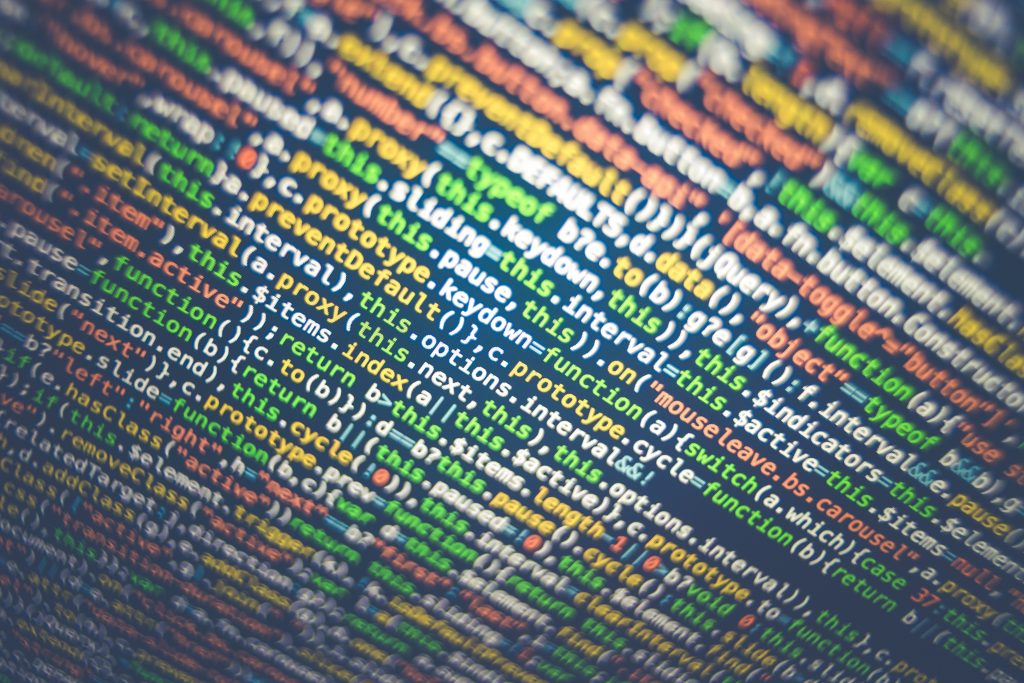
Credit: Scott Webb
“If you’ve got nothing to hide, you’ve got nothing to fear” is a common government catchphrase to use when introducing public surveillance schemes, but it falls short when it comes to public interest journalism and protecting source confidentiality.
One of the most controversial government surveillance measures is the metadata retention scheme that passed Federal Parliament with bi-partisan support in 2015.
The outcome of this Bill is that telecommunication companies need to keep consumer metadata on file for up to two years and provide it to government agencies when requested.
The Attorney-General’s department defines metadata as data created when different forms of electronic communications are made.
In other words, it’s the data we don’t necessarily think about when we send a text message or email, make a phone call, google search, or log in to a chat room.
Metadata can provide context about who was communicating, for how long, when, where and how that communication took place.
A 2017 report by Privacy International revealed that metadata can often give more detail than the content of a conversation.
The problem journalists face as a result of the metadata retention scheme is upholding their most important ethical obligation to protect source confidentiality.
And the MEAA 2019 press freedom report revealed that journalists are not confident that their sources are protected from being identified by their metadata.

Image credit: Markus Spiske
Criticism of the metadata retention scheme’s impact on journalists led to an amendment to require any government agency, aside from ASIO, to apply for a journalist information warrant (JIW) before accessing a journalist’s metadata.
The MEAA criticised the JIW amendment and argued that it did not go far enough in protecting journalists and their sources.
Journalists are not notified that a JIW has been sought or granted and reporting that a warrant has been issued can result in two years of jail time.
It’s now five years since the metadata retention laws were passed, yet the MEAA reported that less than half of journalists surveyed said they or their employer took steps to ensure they did not generate metadata that could identify a confidential source.
This shows that the future direction of journalists in the Australian surveillance state is murky.
Australia is the only liberal democracy that doesn’t have a charter of human rights, and University of Queensland senior lecturer Rebecca Ananian-Welsh says a charter would provide protections for journalists and sources by enshrining rights to free speech and privacy.
Until such a charter is codified in Australian law, news organisations need to provide journalists with more training to ensure they are not generating metadata that could jeopardise their sources.
The public also needs to become more media and technologically literate, particularly if they want to confidentially provide tips to journalists.
In my interview with Emily Watkins, the news editor at Crikey, we discuss how technology such as SecureDrop can be used to anonymously contact journalists.
However, Watkins points out that metadata creates a way to track people getting to that secure technology.
“The problem is not always when you’re sending something via that technology, but because there are ways to track you getting to that point to start with,” Ms Watkins says.
In 2020, the reality for journalists and their sources is we are living in a surveillance state, and continuing public interest journalism means being aware of metadata and its consequences, and taking it seriously.
Interview with Emily Watkins by Maeve Bannister
Stream Interview with Emily Watkins by Maeve Bannister on desktop and mobile. Play over 265 million tracks for free on SoundCloud.







